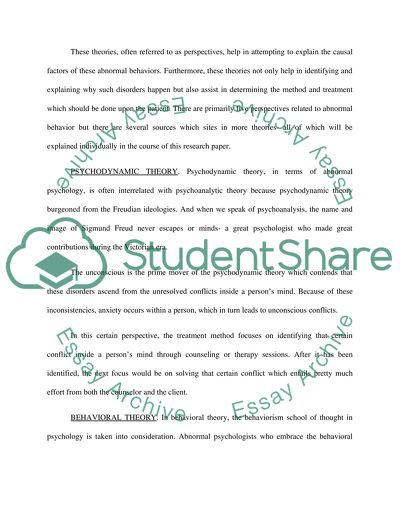Cite this document
(“Personality disorder and depression Essay Example | Topics and Well Written Essays - 2000 words”, n.d.)
Retrieved from https://studentshare.org/miscellaneous/1520685-personality-disorder-and-depression
Retrieved from https://studentshare.org/miscellaneous/1520685-personality-disorder-and-depression
(Personality Disorder and Depression Essay Example | Topics and Well Written Essays - 2000 Words)
https://studentshare.org/miscellaneous/1520685-personality-disorder-and-depression.
https://studentshare.org/miscellaneous/1520685-personality-disorder-and-depression.
“Personality Disorder and Depression Essay Example | Topics and Well Written Essays - 2000 Words”, n.d. https://studentshare.org/miscellaneous/1520685-personality-disorder-and-depression.


